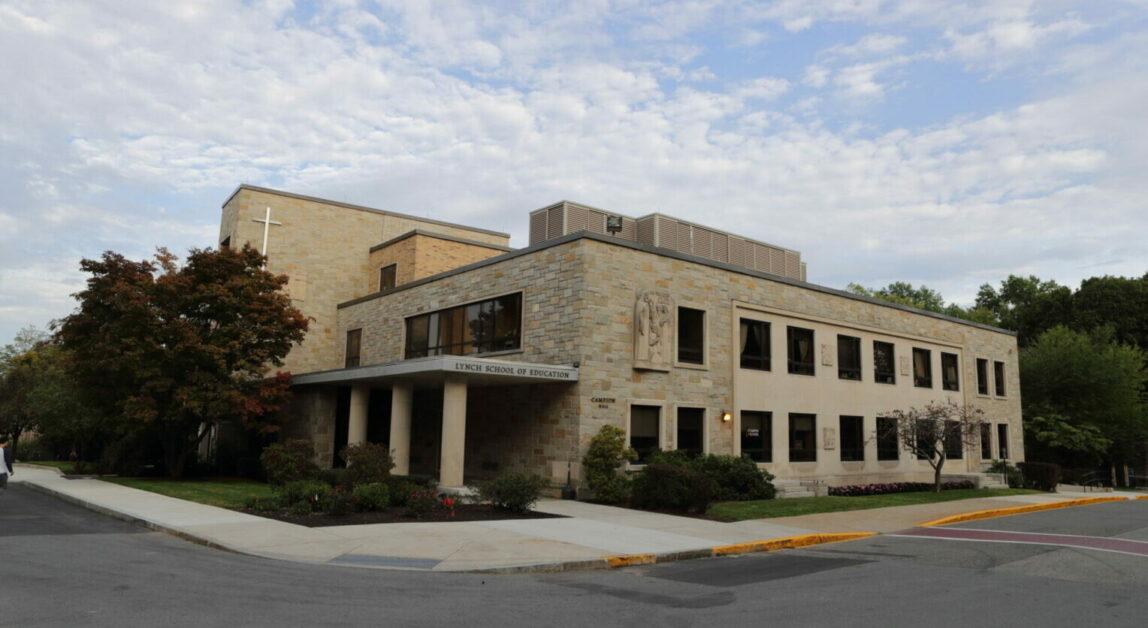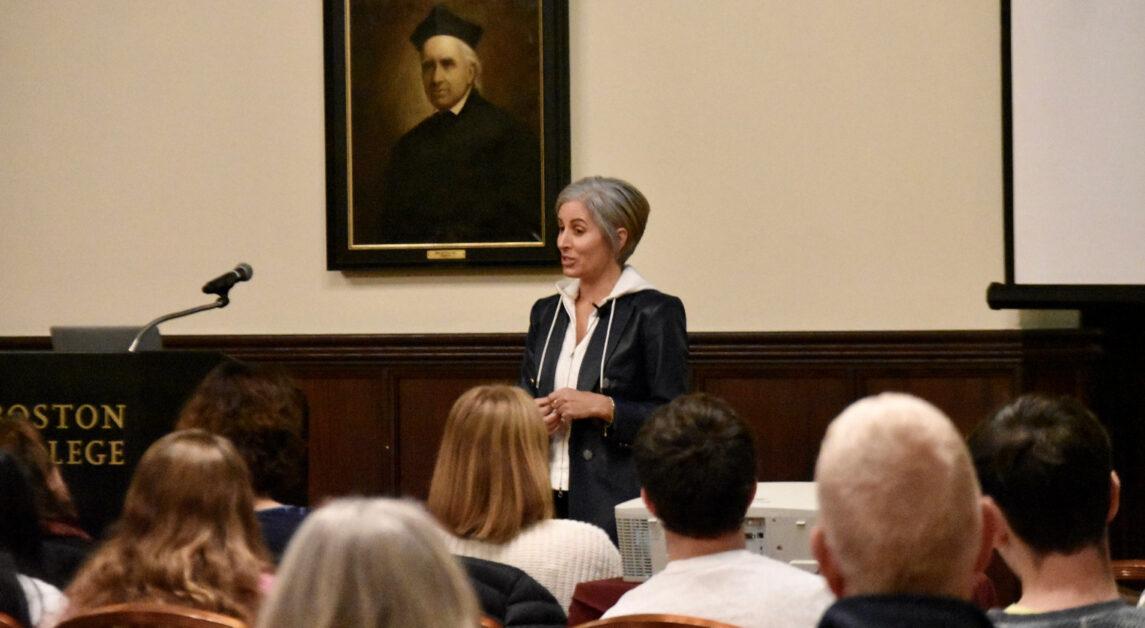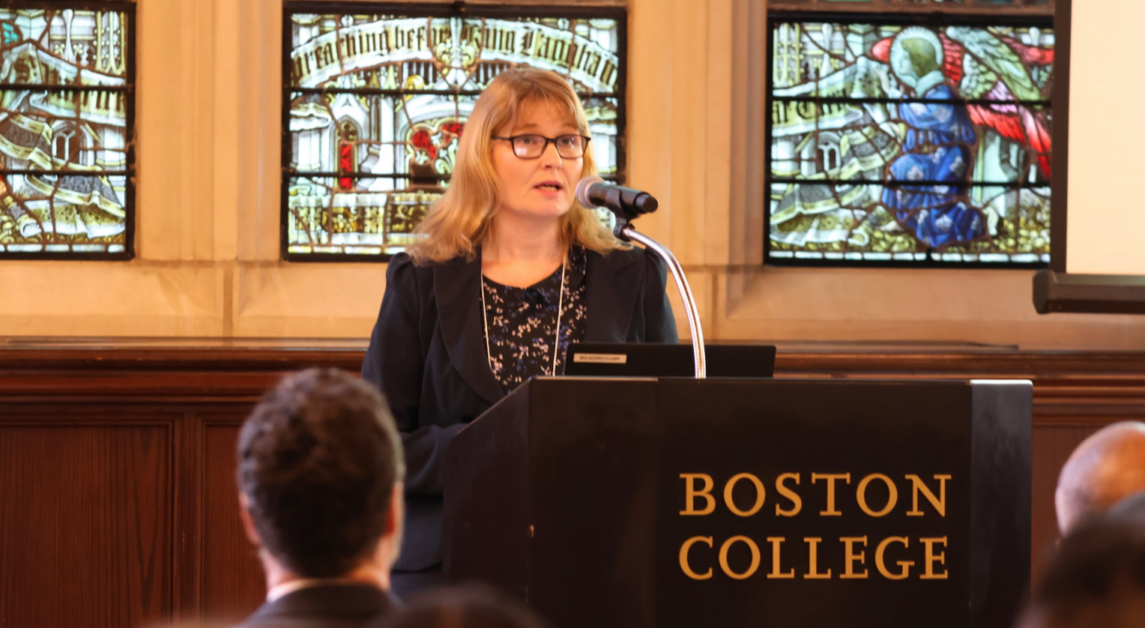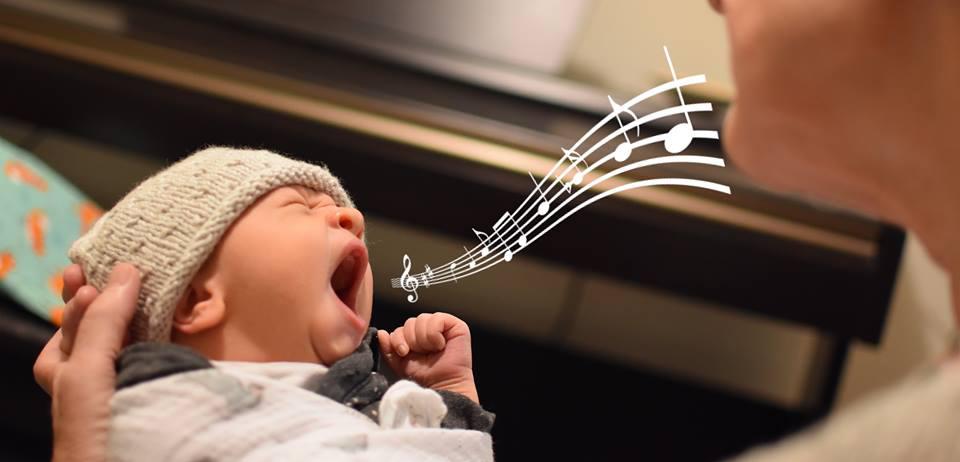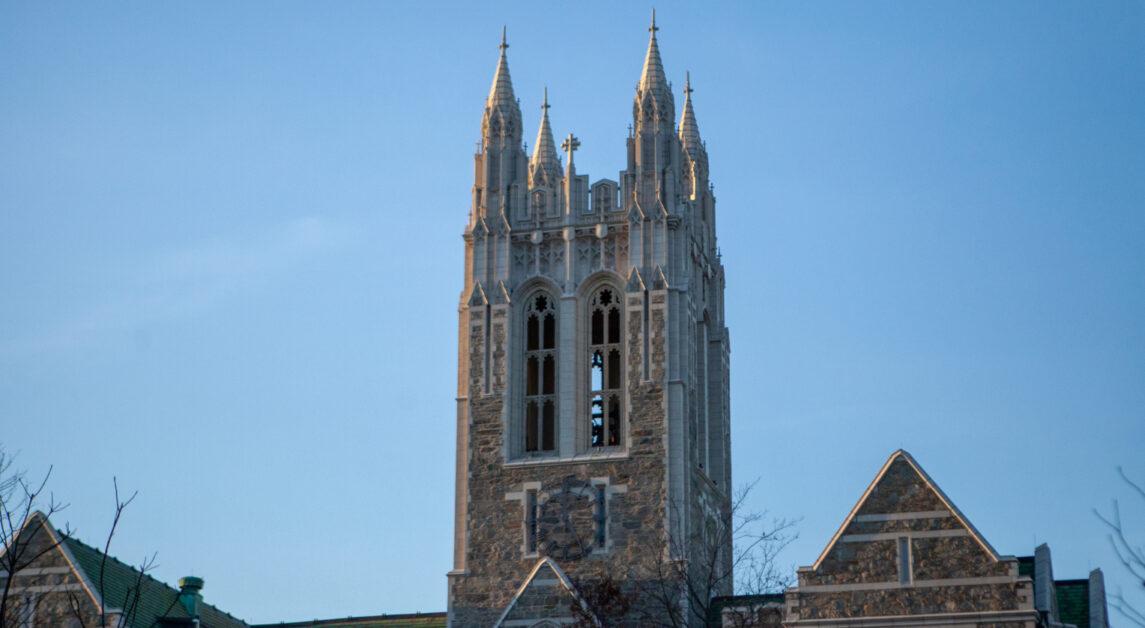
Kross Dissects the Psychology of the Inner Voice
Ella Champagne
• April 17, 2024
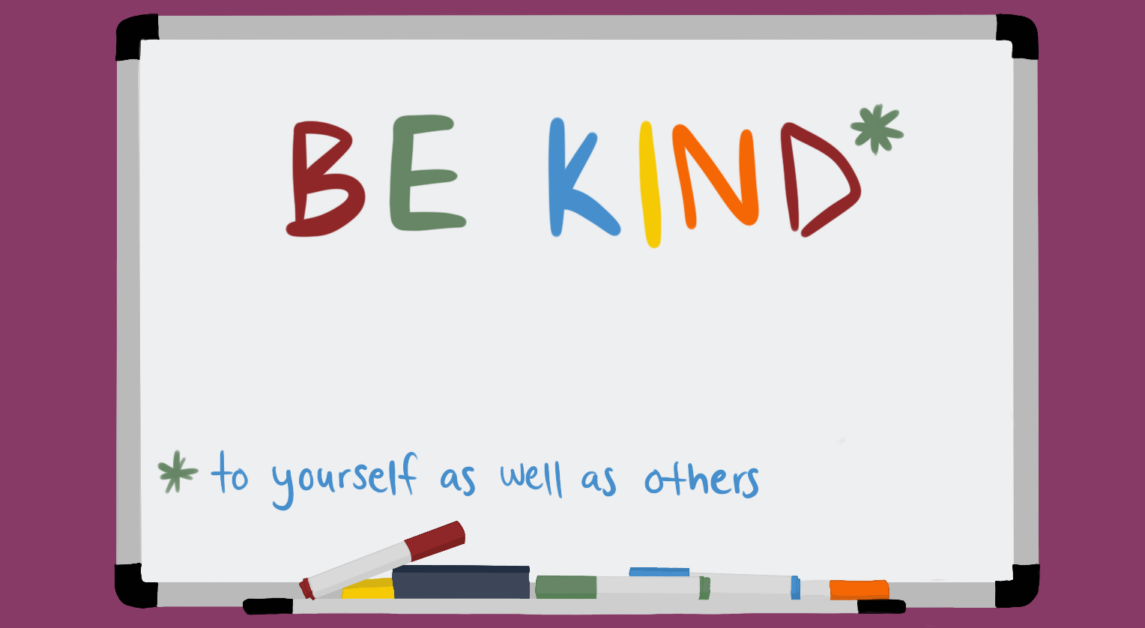
Is Kindness Really a Virtue?
Makayla Hickey
• October 22, 2023
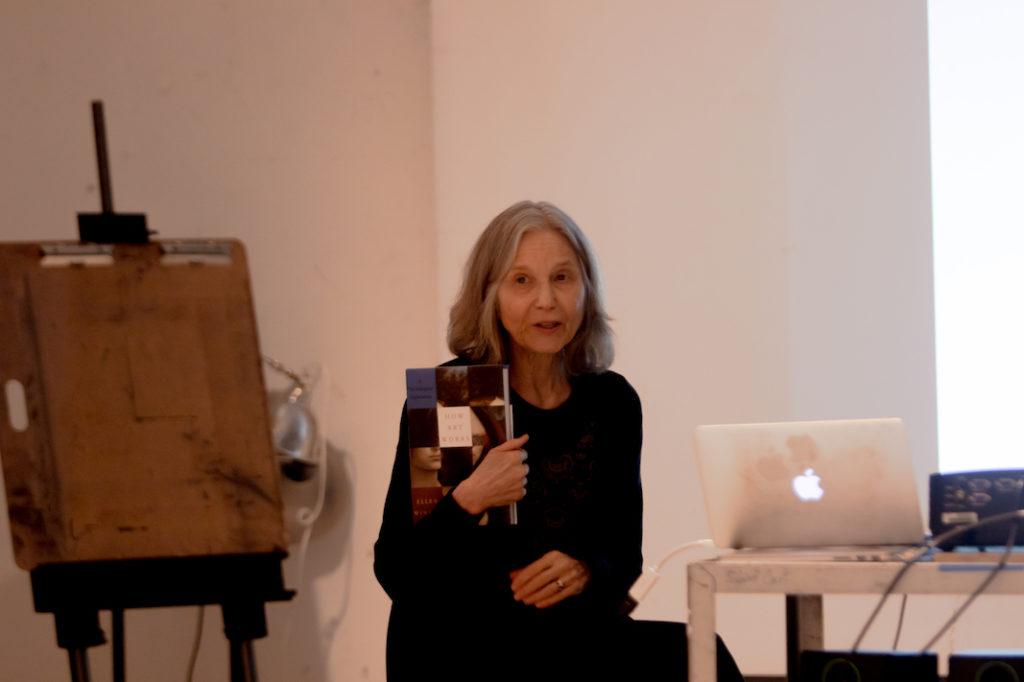
Ellen Winner Explores Relationship Between Art and Psychology
Madeleine Romance
• February 20, 2020
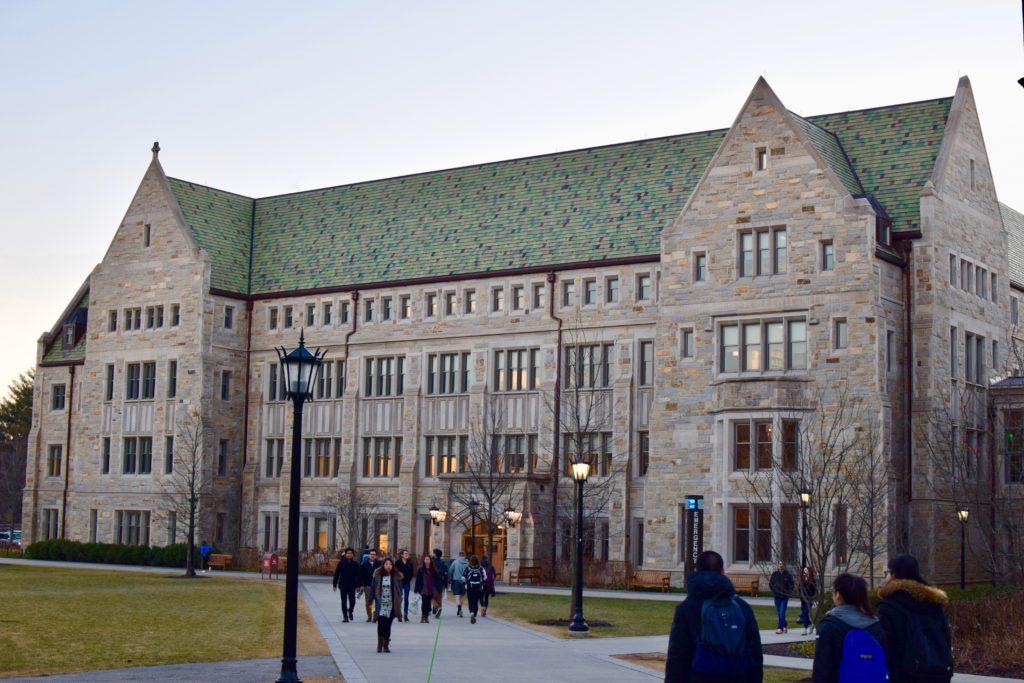
Psychology Department Launches Neuroscience Major
Samantha Karl
• October 11, 2018

Paying Attention to My Loss of Attention
Benjamin Errichetti
• September 9, 2018

Doyle and Roozeboom Explore Connections Between Theology and Psychology
Jaehun Lee
• February 25, 2018

Recognizing the Value of Fear
Shannon Lyons
• December 3, 2017

Channelling the Creativity of Children
Shannon Lyons
• September 21, 2017
Load More Stories

